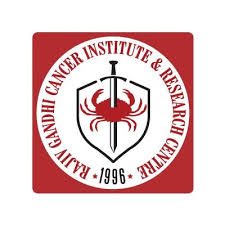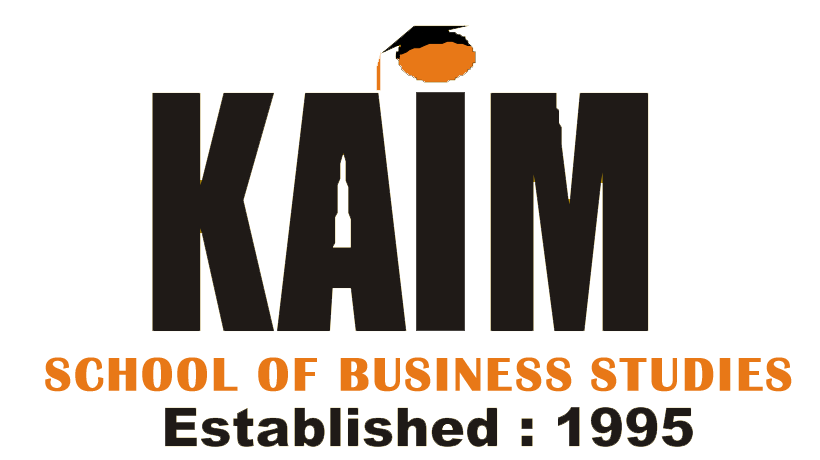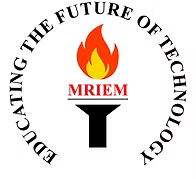B.Sc. in Medical Technology [B.Sc. MLT]
Course Duration
3 Years
Tuition Fees
1 Year Fees
Total Fees
B.Sc. in Medical Technology (B.Sc. MLT) at Rajiv Gandhi Cancer Institute and Research Centre:
-
Degree Offered:
- B.Sc. in Medical Technology (MLT)
-
Duration:
- 3 years (Full-time course)
-
Seats Available:
- The number of seats available for the B.Sc. Medical Technology program at RGCI & RC can vary, but typically there are about 30 to 40 seats. For the exact number, it’s best to contact the college directly.
-
Eligibility Criteria:
- Educational Qualification:
- Candidates must have passed 10+2 or equivalent from a recognized board with Physics, Chemistry, and Biology as core subjects.
- A minimum of 50% aggregate marks in the qualifying examination (for General category candidates). Relaxation may be provided for reserved categories.
- Age Limit:
- Candidates must be at least 17 years of age at the time of admission.
- Educational Qualification:
-
Admission Process:
- Entrance Exam/Interview:
- Admission to the B.Sc. Medical Technology program is typically based on an entrance exam conducted by the college or university. Some institutions may also conduct an interview or counseling.
- Merit-based admission might also apply, depending on the number of applicants and seats available.
- Entrance Exam/Interview:
-
Fee Structure:
- The annual fee for the B.Sc. in Medical Technology program at Rajiv Gandhi Cancer Institute and Research Centre generally ranges from ₹50,000 to ₹1,00,000 per year, though it may vary. For the most up-to-date fee details, contacting the college directly is advisable.
-
Course Curriculum: The B.Sc. in Medical Technology program typically includes the following areas of study:
- Year 1:
- Anatomy, Physiology, Microbiology, Biochemistry, and Nursing Foundation.
- Introduction to Medical Technology and Laboratory Techniques.
- Year 2:
- Medical Laboratory Technology (MLT), Clinical Pathology, Hematology, Microbiology, and Immunology.
- Diagnostic Imaging Techniques and Radiation Physics.
- Year 3:
- Advanced Medical Laboratory Techniques.
- Oncology and Cancer Diagnostic Methods.
- Laboratory Management, Bioethics, and Research Methodology.
- Internship:
- Clinical exposure and practical training in the RGCI & RC hospital and associated diagnostic centers.
- Year 1:
-
Internship and Clinical Training:
- Practical training is an essential part of the B.Sc. in Medical Technology program. Students will get hands-on experience in the clinical laboratory, working with diagnostic equipment and technology.
- RGCI & RC being a renowned cancer institute, provides exposure to oncology diagnostics, radiation therapy, clinical pathology, hematology, and immunology.
-
Accreditation:
- The B.Sc. Medical Technology program is recognized by the Indian Nursing Council (INC) and affiliated with a recognized university.
- Rajiv Gandhi Cancer Institute is a leading healthcare provider, and the program prepares students for various diagnostic and clinical roles in cancer treatment and other medical fields.
-
Career Opportunities:
- After completing the B.Sc. in Medical Technology, students can pursue career opportunities in:
- Medical Laboratories: Performing diagnostic tests, analyzing patient samples.
- Hospitals: Working in hospital labs, assisting in various diagnostic departments.
- Oncology Centers: Working in cancer diagnostic centers, assisting with imaging and diagnostic tools.
- Research Institutes: Engaging in research on medical technologies, especially in cancer diagnostics.
- Further Studies: Specialization in areas like Radiotherapy, Clinical Pathology, Hematology, or Immunology.
- Graduates can also work as Medical Technologists, Clinical Research Associates, or Laboratory Technicians.
- After completing the B.Sc. in Medical Technology, students can pursue career opportunities in:
Key Highlights:
- Clinical Exposure: Students get extensive training in the Rajiv Gandhi Cancer Institute, providing exposure to the latest diagnostic technologies and oncology-based healthcare.
- Infrastructure: RGCI & RC offers well-equipped laboratories, research centers, and simulation facilities for hands-on learning.
- Hostel Facilities: The college may provide hostel accommodations for outstation students (subject to availability).






 OMAWATI686b96fcc7a5c.jpg)